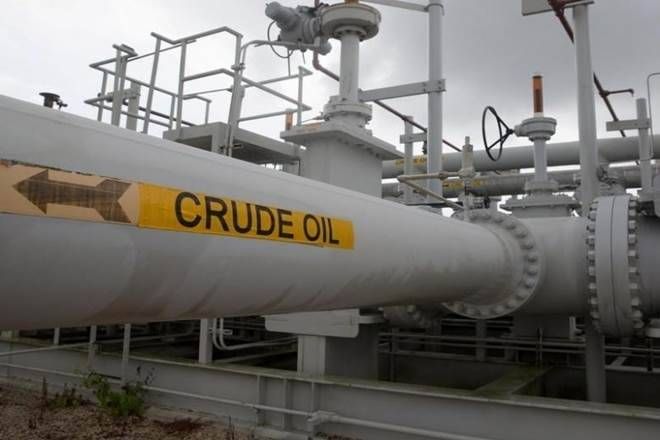Production could ramp up quickly, but the countdown is already ticking on another round of shutdowns.
According to Petroleum Economist, a monthly magazine that provides macro-economic and geopolitical analysis of the energy industry, Libya’s oil production has nearly tripled since the end of an oil port blockade. But the country’s state-owned National Oil Corporation (NOC) has in effect jumped the gun by re-opening ports and fields, despite the failure of all sides to agree a deal hammered out by US diplomats. In the absence of a deal, the shutdown may return by 18 October.
Khalifa Haftar, head of the powerful eastern Libyan National Army, ordered the blockade in January. He declared it over in mid-September after signing an agreement with Ahmed Maiteeq, deputy prime minister of Tripoli’s UN-recognised Government of National Accord (GNA). But GNA prime minister Fayez-al-Sarraj and most of his cabinet have refused to sign the deal, which calls for the creation of a new commission to decide how oil revenue is spent.
For now, NOC is ploughing forward with the lifting of force majeure in a growing number of ports and fields. In the last week of September, NOC hit its target of raising production to 260,000bl/d, up from c.90,000bl/d during the shutdown.
One limitation on re-openings is the presence of mercenaries. The NOC has admitted facilities held by mercenaries will remain shut, in particular singling out Wagner, a Russian military contractor with ties to Moscow, which is aligned with Haftar.
And these exceptions have significantly crimped Libya’s oil recovery. Southwest Libya’s Sharara field, the country’s largest producer at 315,000bl/d, remains shut because Wagner units are deployed there. The neighbouring 90,000bl/d El Feel field is also closed, and their absences are in turn keeping their export port, Zawiya, offline.
Wagner is also present in Libya’s largest oil port, Sidra, along with nearby Ras Lanuf. Both remain shut, keeping Waha—Libya’s largest joint venture oil company at 300,000bl/d—offline in the western Sirte Basin.
Central Sirte Basin fields, including those operated by Germany’s Wintershall and Libyan-Canadian joint venture Harouge Oil, may reopen, with part of the area’s potential 400,000bl/d output able to be diverted from Sidra by pipeline spurs to the Brega and Zueitina terminals, both of which are now open.


